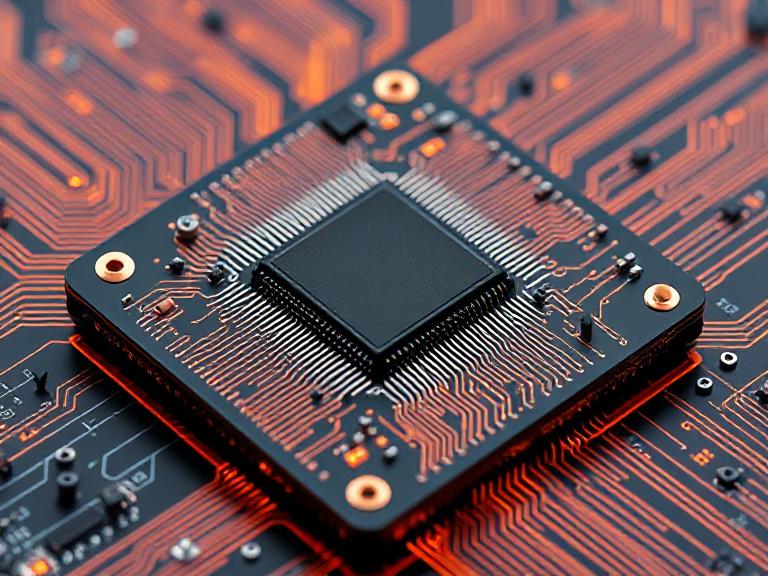Overview: The Significance of Microchip Technology
One of the most important inventions of the modern era is microchip technology. Microchips are used in almost every gadget we use on a daily basis, from laptops and smartphones to medical devices and smart automobiles. In addition to altering our way of life, their development has opened the door for upcoming advances in robotics, artificial intelligence, and smart cities. Let’s examine eight fascinating facts about microchip technology and how it is influencing our times.
First of all, microchips are the brains of contemporary electronics.
Microchips are essential to the processing of information in all electronic devices, regardless of size. They serve as the “brains” of devices, facilitating communication, data storage, and computation. The digital age as we know it would not be possible without microchips. Microchips are necessary for everything from managing sophisticated satellites to controlling your smart TV.

Fact 2: In the 1950s, the first microchip was created.
Jack Kilby of Texas Instruments invented the first integrated circuit in 1958, marking the beginning of microchip technology. The microchip revolution began with this invention. Computers were huge and expensive back then, but microchips made electronic devices more compact, affordable, and potent. The modern digital world was made possible by this innovation.
Fact 3: Microchips Are Getting Smaller But Stronger
Moore’s Law, which states that a chip’s transistor count doubles every two years, is among the most intriguing features of microchip technology. This indicates that as microchips get more efficient, they get smaller. Modern chips, for instance, are faster and more efficient than ever before because they are packed with billions of transistors in an area smaller than a fingernail.
Fact 4: They Provide Power to Commonplace Devices Other Than Computers and Phones
People frequently picture computers or cell phones when they think of microchips. But their applications go well beyond these gadgets. Digital watches, traffic lights, household appliances, and even automobiles contain microchips. In actuality, hundreds of microchips are used in modern cars to regulate navigation, safety features, and fuel economy.
Fact 5: Microchips Are Transforming Medicine and Healthcare
One of the largest industries to benefit from microchip innovation is healthcare. Medical devices such as wearable health monitors, diagnostic machines, and pacemakers all use microchips. Real-time patient health monitoring by these technologies enables early diagnosis and better treatment. Advanced microchips are even being developed to deliver drugs inside the human body.
Fact 6: Microchip Developments Are Key to Artificial Intelligence
Advanced microchips like GPUs and neural processing units enable the massive processing power needed for AI, machine learning, and deep learning. AI systems can swiftly analyse vast volumes of data thanks to these chips. Technologies like voice assistants, self-driving cars, and predictive analytics would not be feasible without strong microchips.
Fact 7: Microchips Are Fuelling the Development of IoT and Smart Cities
Microchips enable the billions of interconnected devices that make up the Internet of Things (IoT). Microchips are enabling smarter, more connected environments, from city infrastructure that controls traffic flow to smart homes that automatically adjust lighting. IoT devices powered by microchips will soon be used to run entire smart cities.
Fact 8: Quantum and biochips may be a part of the future of microchips.
Microchips of the next generation are not just silicon-based. Scientists are creating quantum chips that can execute intricate computations at previously unthinkable speeds. Meanwhile, bio-chips are being developed to integrate with living things, creating new biotechnology and medical opportunities. The future of computing, healthcare, and even space exploration will be shaped by these developments.

In conclusion, microchip technology is the foundation of the future.
Microchips have changed the world since their modest origins in the 1950s and are now the foundation of the most sophisticated AI systems. They are the cornerstone of innovation, enabling everything from smartphones to smart cities, and they are more than just tiny bits of silicon. Microchips will continue to be at the forefront of technological advancement, influencing how we interact with the outside world, live our lives, and work.





